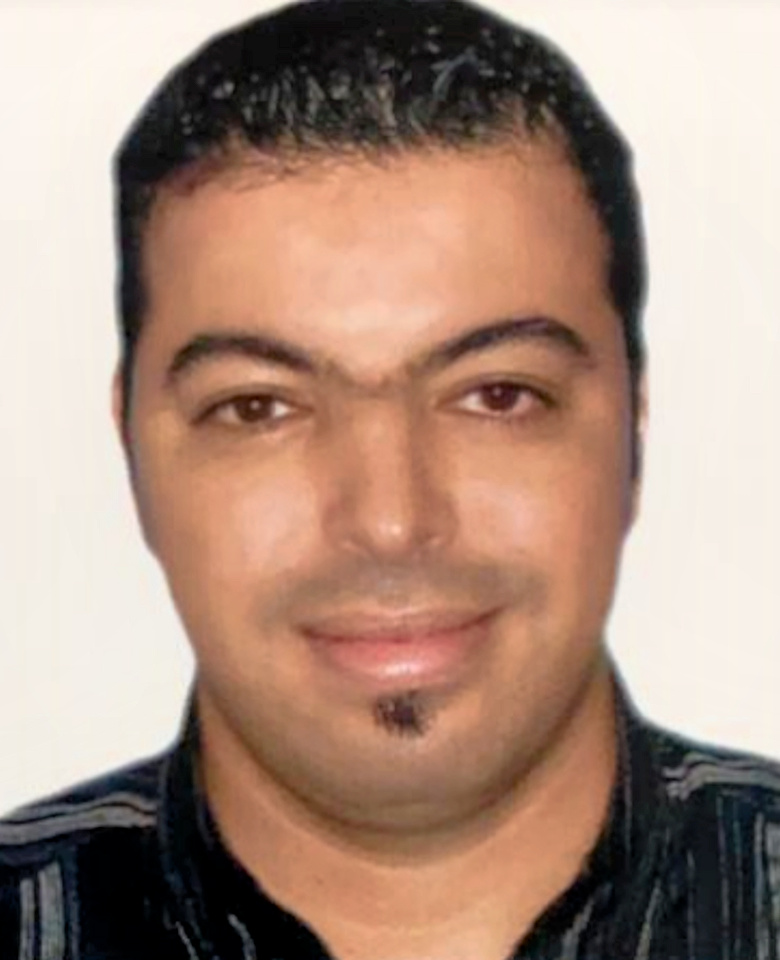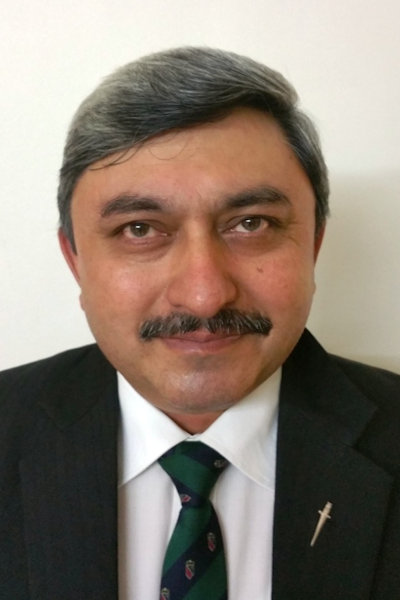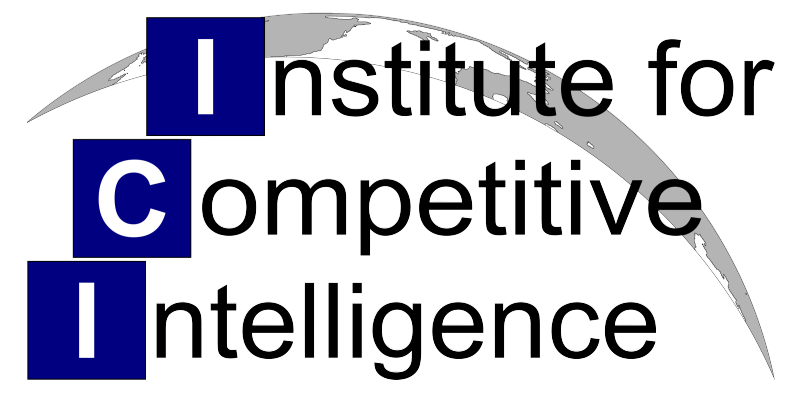Best Books, Tips, and Tricks for Critical Thinking for Strategic Intelligence

As part of our autumn conference on August 25, 2021, we had a very interesting panel discussion on critical thinking for strategic intelligence. Below you can find some of the best tips and tricks as well as book recommendations from our world-class experts in strategic intelligence.
Our moderator Neeraj Bali opened the session with a poll and asked why the US strategic intelligence failed to anticipate the sudden collapse of Afghanistan. Most of the attendees thought that the reason was insufficient discussion at the highest levels to understand the data. In the later discussion, the panelists reported similar examples of where the critical thinking results where right, but the decision makers could not be convinced to act accordingly.
As a definition of critical thinking, Ole Donner introduced the concept of slow (analytical) thinking and fast thinking. Eric Elgersma pointed out that fast thinking often includes pattern recognition and serves humans well most of the time, but that patterns of the past might not extend to the future and therefore slow thinking is important to overcome the restrictions of fast thinking. This was backed up by various experts and Klaus Solberg highlighted that being critical is an important part of academic CI/MI education, and that formal logic and questioning assumptions and arguments are key to learning critical thinking.
All the experts stressed that slow thinking involves analytical and formal methods, while also acting as a Devil’s advocate. In addition, Christina Sterenborg highlighted that performing slow thinking in groups requires a set of rules to ensure high-quality results. Eric Elgersma commented that hearing before thinking is a cornerstone of slow thinking in general.
While all the experts agreed on the importance of critical thinking and how to achieve critical thinking, the question of how to convince the decision makers was discussed with much more controversy. Eric Elgersma emphasized the huge importance of the need for decision makers to engage in critical thinking and the need for them to be open to act on critical thinking. But the question still remains of how to achieve this. Ole Donner emphasized that training the decision makers on how to use structured analysis techniques is as important as training the analysts.
The experts presented several case studies where formal techniques were either successful or unsuccessful, and if they succeeded the decision makers sometimes acted on the results and sometimes they didn’t.
In conclusion, the coaching of the decision makers cannot be enforced by the analysts, but can only be proactively encouraged. Ultimately, the decision makers need to adopt criticalthinking themselves. Multiple attendants reported a similar experience and had a lively discussion on further details of the topic.
Panelists
 Ole Donner Ole DonnerOfficer, Intelligence Analysis Professional, Military Academy of the German Armed Forces For strategic intelligence, critical thinking is of strategic importance |
 Eric Elgersma Eric ElgersmaConsultant, Trainer, Lecturer, Author, Strategic Analysis Services BV To strive for better decision-making tools and critical thinking – This is rarely found in humans and companies |
 Christina Sterenborg Christina SterenborgHead of Knowledge & Information Management B2B, Deutsche Telekom Critical thinking is a key role of competitive and market intelligence |
 Toufik Achoui Toufik AchouiOil and gas industry CI practitioner, Malaysia Critical thinking is a challenging objective throughout the whole intelligence process |
Moderator
 Maj. Gen. Neeraj Bali
Maj. Gen. Neeraj Bali
Veteran of the Indian Army, Head Corporate Affairs and HR
Best books on Critical Thinking for Strategic Intelligence
- Daniel Kahneman, Thinking Fast & Slow, Allen Lane, London, 2011,
https://www.amazon.co.uk/dp/0141033576 (Book review in German) - Richards J. Heuer Jr. & Randolph H. Pherson, Structured Analytic Techniques for Intelligence Analysis 3rd Ed., SAGE Press
https://www.amazon.co.uk//dp/150636893X (Book review in German) - Gary Klein, Sources of Power How People Make Decisions MIT Press, Cambridge MA 1998
https://www.amazon.co.uk/dp/0262534290 - Malcolm Gladwell Blink, The power of thinking without thinking 2005
https://www.amazon.co.uk//dp/B00IJ0X7OY


